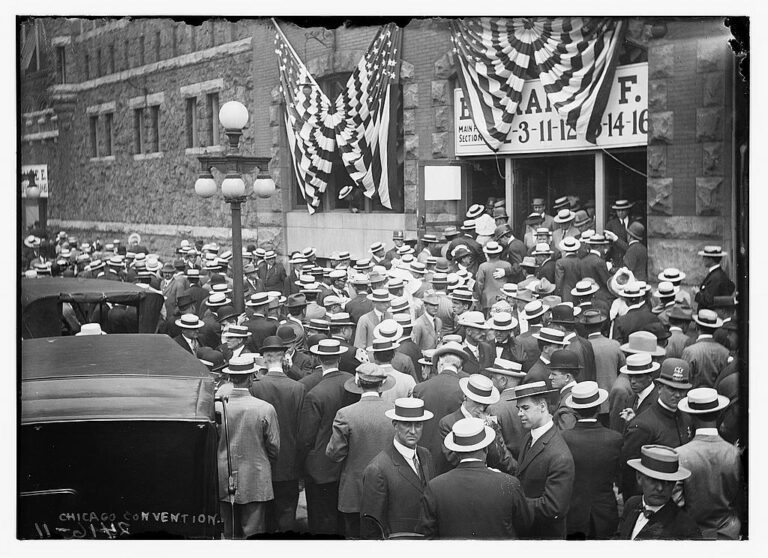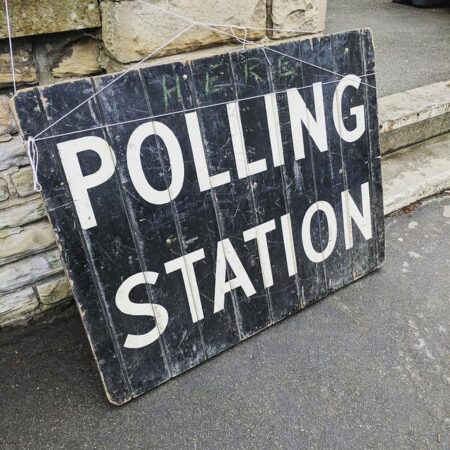Chicago’s Political Crossroads: Navigating Granny Flats Legalization and Nepotism Concerns
Reevaluating Accessory Dwelling Units: A New Chapter for Chicago’s Housing Crisis
Amid Chicago’s persistent housing shortage, the conversation around legalizing accessory dwelling units (ADUs), commonly referred to as “granny flats,” has gained renewed momentum. These compact, self-contained living spaces offer a promising avenue to expand affordable housing, particularly benefiting seniors wishing to age comfortably at home and families seeking multigenerational living arrangements without the financial strain of large mortgages. Proponents emphasize that ADUs could ease the city’s housing crunch by increasing density in a way that supports community diversity and resilience.
Though, resistance remains from some neighborhood groups concerned about potential shifts in community character, increased congestion, and strain on local infrastructure such as parking and utilities. These apprehensions reflect broader debates about urban development and equitable growth.As Chicago’s policymakers evaluate pilot programs and gather public feedback, the city faces a pivotal decision on whether to align with other metropolitan areas that have embraced ADUs as part of their housing strategies.
Central themes in the ADU debate include:
- Enhancing housing affordability through increased residential density
- Community apprehensions regarding zoning modifications
- Implications for property market values and neighborhood aesthetics
- Establishing legal safeguards to prevent misuse, such as unauthorized rentals
Complicating this discourse is the scrutiny over political nepotism, which some fear may influence zoning decisions to favor connected individuals rather than the broader public interest. Advocates for transparency call for stringent oversight mechanisms to ensure fairness and accountability in the approval process.
| Stakeholder | Viewpoint | Primary Concerns |
|---|---|---|
| Municipal Authorities | Support measured ADU expansion | Balancing equity with infrastructure capacity |
| Local Residents | Divided opinions | Preserving neighborhood identity |
| Affordable Housing Advocates | Strong proponents | Expanding affordable living options |
| Transparency Groups | Demand rigorous oversight | Preventing favoritism and nepotism |
Unpacking Nepotism Allegations in Chicago’s Political Sphere
In recent years, Chicago’s political surroundings has been increasingly scrutinized for nepotistic practices that may compromise merit-based governance. Critics argue that entrenched political families wield disproportionate influence, potentially steering appointments and policy decisions to benefit relatives rather than the public. Such dynamics risk eroding public confidence and perpetuating systemic inequities within city administration.
Key issues raised include:
- Preferential hiring within municipal departments favoring connected individuals
- Absence of thorough anti-nepotism regulations in city governance codes
- Growing public demand for transparency and accountability from elected officials
| Year | Reported Nepotism Cases | Resolutions |
|---|---|---|
| 2022 | 8 | Investigations ongoing |
| 2023 | 12 | Three formal reprimands issued |
| 2024 | 5 | Introduction of policy reform proposals |
How Housing Policies and Political Integrity Influence Public Confidence
Housing strategies and ethical governance are deeply intertwined in shaping Chicago’s community trust. The contentious issue of legalizing ADUs underscores the challenge of balancing the need for affordable housing with preserving neighborhood character and infrastructure capacity. While advocates highlight the potential for ADUs to mitigate housing shortages and support family cohesion, skepticism persists among residents wary of rapid change and perceived neglect by city officials.
Together,ongoing nepotism concerns contribute to a decline in civic engagement and trust in local government. When political favoritism appears to overshadow fairness, residents may become disillusioned, reducing participation in democratic processes and weakening community bonds.
| Trust Indicator | Citywide Average | Areas with Nepotism Reports |
|---|---|---|
| Confidence in Local Government | 58% | 34% |
| Perception of Fair Housing Policies | 65% | 42% |
| Political Participation Rates | 52% | 28% |
- Transparency efforts are essential to rebuild trust between officials and residents.
- Inclusive zoning reforms can foster equitable housing access.
- Community monitoring acts as a safeguard against nepotistic practices.
Proposed Strategies to Enhance Housing Accessibility and Political Transparency
Addressing Chicago’s housing shortage requires forward-thinking policies that embrace versatility and inclusivity. Legalizing ADUs offers a viable path to increase affordable housing stock without extensive urban sprawl. These units not only diversify living arrangements but also honor cultural traditions of multigenerational households prevalent in Chicago’s diverse communities. To ensure successful integration, city leaders should streamline permitting, establish clear architectural guidelines, and actively involve neighborhoods in planning discussions.
Equally critically important is the commitment to political integrity. Instituting transparent hiring protocols and independent oversight bodies can mitigate nepotism’s corrosive effects. Publicly accessible records detailing appointments and qualifications would empower citizens to hold officials accountable, fostering a culture of meritocracy and openness.
| Focus Area | Recommended Actions | Anticipated Benefits |
|---|---|---|
| Accessory Dwelling Units (ADUs) |
|
Expanded affordable housing options and strengthened community ties |
| Political Accountability |
|
Enhanced public trust and merit-based governance |
Conclusion: Charting a Balanced Path Forward for Chicago
As Chicago grapples with the dual challenges of expanding affordable housing through “granny flats” and confronting nepotism within its political ranks, the city stands at a critical juncture. Drawing lessons from other urban centers that have successfully integrated ADUs and strengthened governance transparency, Chicago’s leaders and residents must collaboratively navigate these complex issues. The future will demand a nuanced approach that embraces innovation while safeguarding the city’s democratic principles and community values. FOX 32 Chicago remains committed to providing ongoing coverage of these evolving developments.





